Thank you for your message. The IPPA team will get back to you shortly. You first need to login here.
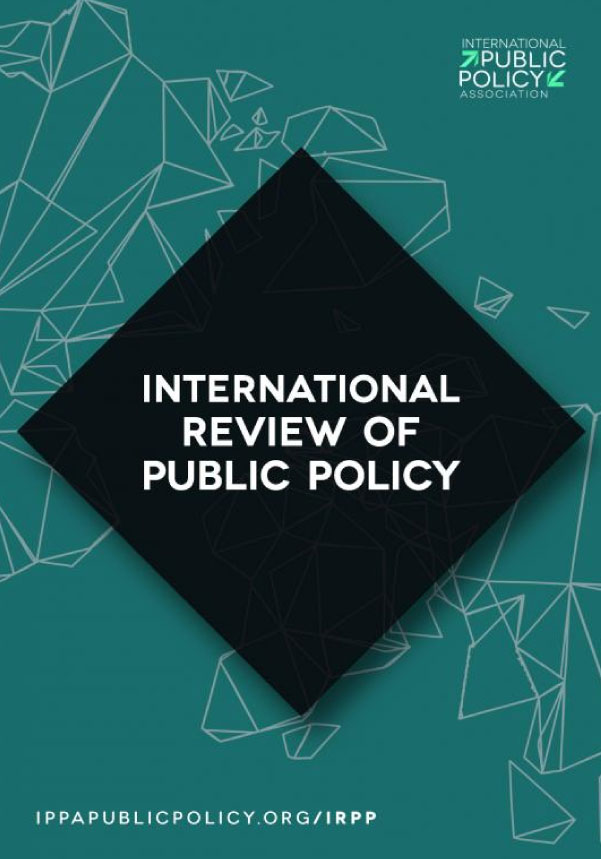
Helen Kavvadia
Unravelling the European Investment Bank’s pivot to a climate bank through its business model. Game change or name change?
Bakhytzhan Kurmanov
Do hybrid democratic innovations work in autocracies? Investigating the Cases of Participatory Budgeting in Kazakhstan and Uzbekistan
Michele Barbieri and Laura Georgiana Macarie
Faces at Stakes: Comparative Insights on Facial Recognition Technologies Policy Implementation Arrangements across the EU, the US, and the PRC
Michelle Morais de Sa e Silva, Edgardo Diaz Vega, Jadyn Davis, Morgan Chen, Typhaine Joffe and Eileah Hale
Transnational density and transnational intensity: conceptual insights from repatriation and international evacuation policies
Joseph Obosi, Gerda Van Dijk and Olivia Opere
Academic Advisors and Bureaucrats in the Policy Process: A Comparative Analysis of Covid-19 Policies in Kenya and South Africa
B. Guy Peters
Six Decades of Public Policy: A Personal Reflection
Jannicke Thinn Fiskvik
Richard ROSE, European Security: From Ukraine to Washington
Michael Rushton
Eleonora RADAELLI, Invisible Cultural Policy in America: How Public Administration Shapes Culture
The International Public Policy Association (IPPA) is a non-profit organization created in December 2014 with the aim of promoting scientific research in the field of Public Policy, and to contribute to its international development.
Nowadays, IPPA aims for the international diffusion of knowledge of Public Policy, as a contribution to the internationalization of the field. Furthermore, IPPA intends to strengthen the collaboration between the public policy academic community, and encourage the exchange of knowledge and experience between public policy experts and students through its different projects.
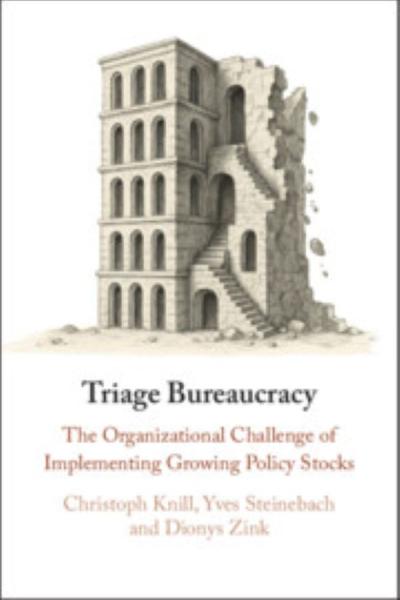
In the book we develop and empirically apply the concept of policy triage—the organizational strategies agencies use to allocate limited implementation resources across expanding portfolios of rules, programs, and regulations.
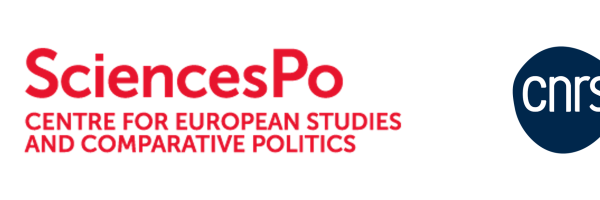
The Centre for European Studies and Comparative Politics at Sciences Po is seeking to recruit one Assistant professor in the department of political science to strengthen its research and teaching capacity in the politics and/or policy of the ecological transitions in/of Europe and the European Union.
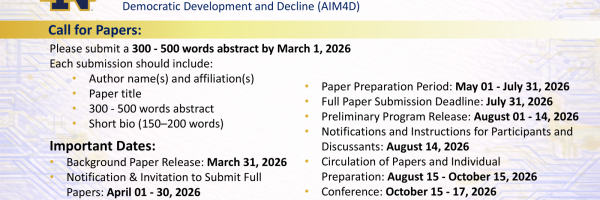
The Call for Papers for the International Conference on AI-Driven Modeling & Forecasting for Democratic Development and Decline (AIM4D Conference) is open until March 1, 2026!
The IPPA Teaching Resources are intended to introduce PhD students and early career researchers to different approaches of Public Policy, and contemporary policy issues. Currently, the resources include contemporary policy approaches, interviews with distinguished policy scholars and present-day policy topics.
IPPA builds a global platform for PhD students and early career researchers working in the broad field of Public Policy. These networks share the voice, provide space and create opportunities for researchers.
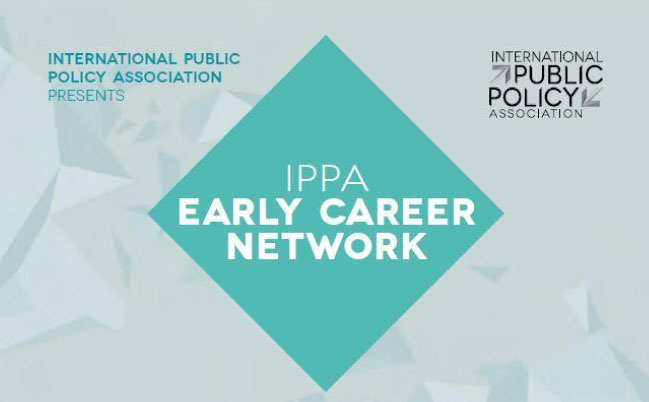
Thank you for your message. The IPPA team will get back to you shortly. You first need to login here.